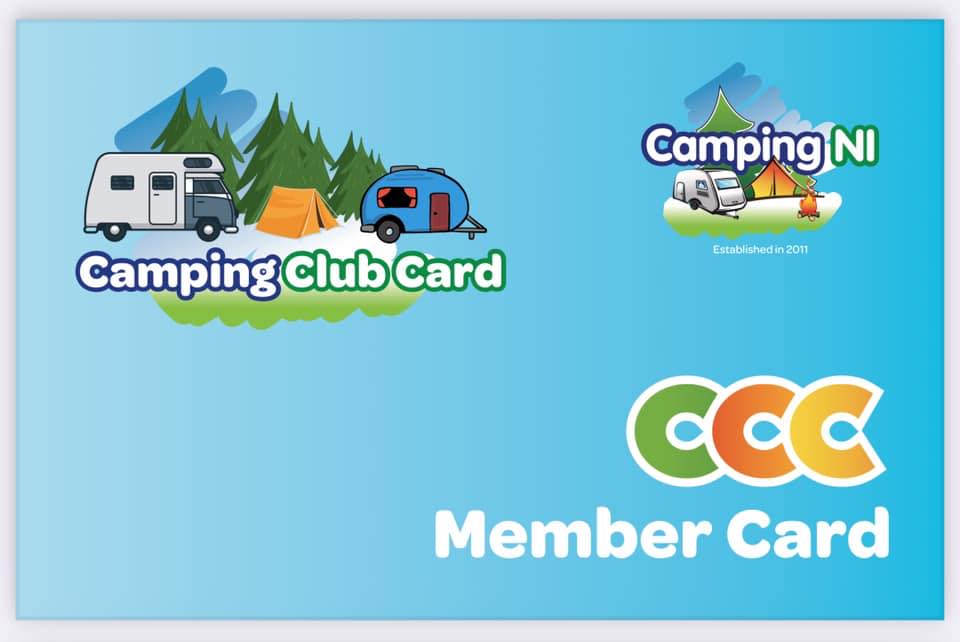
CODE OF PRACTICE
The Countryside Code
1) Be safe – plan ahead and follow any signs
Even when going out locally, it's best to get the latest information about where and when you can go; for example, your rights to go onto some areas of open land may be restricted while work is carried out for safety reasons or during breeding seasons. Follow advice and local signs, and be prepared for the unexpected.
2) Leave gates and property as you find them
Please respect the working life of the countryside, as our actions can affect peoples’ livelihoods, our heritage, and the safety and welfare of animals and ourselves.
3) Protect plants and animals, and take your litter home
We have a responsibility to protect our countryside now and for future generations, so make sure you don’t harm animals, birds, plants or trees.
4) Keep your dog under control
The countryside is a great place to exercise dogs, but it’s every owner’s duty to make sure their dog is not a danger or nuisance to farm animals, wildlife or other people.
5) Consider other people
Showing consideration and respect for other people makes the countryside a pleasant environment for everyone – at home, at work and at leisure.
The Code for Campers
1) Where to camp
Camp only on private land or on land where camping is officially permitted – and only with
permission, and conform to any regulations of the site owner including insurance requirements.
2) Be tidy
Never leave litter anywhere. If receptacles are not provided take your litter home with you. Never leave loose items outside your tent or caravan.
3) Be clean
On organised sites, obey all the sanitation regulations. On undeveloped sites, use your own
chemical sanitary equipment.
4) Do not cause damage
Be careful not to damage crops, wild flowers or woodlands. Always observe the Countryside Code particularly with regard to fire regulations, livestock, crops and trees.
5) Control your pets
If you take your animals with you when camping, be sure they cause no nuisance.
6) Be courteous and respect privacy
The Code for Caravans
1) The caravan
a) Whether trailer or motor caravan, it is a vehicle designed for caravanning. Its appearance
and colour are appropriate and do not offend public opinion.
b) It is regularly serviced so that it is safe in all respects when touring on the road, and on site.
2) On the road
a) The selection of trailer caravan and towing vehicles allows adequate performance in line with the Towing Code, namely:
i) The actual laden weight of the caravan should be kept as low as possible and should never normally exceed the kerb weight of the towing vehicle.
ii) The engine is powerful enough to keep the outfit at a speed, particularly on hills, that does not block other traffic.
iii) The caravan is carefully loaded to provide good balance and avoid instability.
b) The caravan complies with all Road Traffic Acts and other relevant regulations, in particular that there should be an adequate view to the rear of the caravan.
c) Where the caravan is a trailer towed by a vehicle, it is insured against third party risks. This must cover not only the caravan when attached to the towing vehicle, but also when detached.
d) Particular attention is paid to those sections of the Highway Code relevant to trailer caravans.
i) To cause the minimum inconvenience to other traffic, the caravanner observes traffic to his rear and ensures that every opportunity is offered for other vehicles to overtake. This includes the need always to allow space in front of the outfit for faster traffic to pull into with safety (and never to have two or more outfits bunched together), and on narrow roads to pull in and halt at a safe place to allow following traffic to overtake.
ii) To carry out normal road manoeuvres with increased care, to take account of the length of the outfit, the vehicle’s reduced acceleration and its longer stopping distances when braking. This requires greater anticipation, early signalling of intentions, and a very careful watch of overtaken traffic, particularly cyclists, before pulling in again to the nearside of the road.
3) On any site
The member:
a) Pitches on private land with the express permission of the owner.
b) Places the caravan where it will not interfere with the convenience or enjoyment of others.
c) Avoids damage to turf by digging holes only when absolutely necessary and replacing turf were possible and by considerate use of the vehicle.
d) Disposes of any rubbish only by means provided on the site. If no receptacles are provided, as on some small farm sites, rubbish is taken home for disposal, or to any other recognised disposal point that has space.
e) For touring, other than on sites equipped with toilets, will carry his own sanitary equipment (usually chemical closet and related fluid) and dispose of the contents only at the point provided for that purpose. If burial is necessary, as perhaps on private property, this will not be done in the vicinity of any water course.
f) Allows no waste water from the caravan to foul the ground, but ensures that suitable receptacles are connected to the waste pipes to collect the waste, and the receptacle emptied as necessary. In the few instances where no disposal point is provided, minimum fouling is achieved by distributing the water over a considerable area, as along a hedge.
g) Allows either children or animals to spoil the enjoyment of others, by keeping them under control.
h) Drives slowly and quietly when on site.
i) Respects the privacy and peace of others at all times by keeping to a minimum mechanical, instrumental and vocal noise in accordance with Holiday Park/Campsite rules.
j) Ensures that any laundry outside the caravan is displayed as discreetly as possible.
k) Keeps the pitch neat and tidy with no loose equipment outside the caravan beyond what is necessary or appropriate, and on departure leaves it as clean as, or cleaner than, it was on arrival.
l) Observes the Countryside Code relating to water cleanliness, fire danger, litter, public paths, gates, control of dogs, damage to crops, hedges, walls, trees and plants, livestock and wildlife.
Disciplinary Matters.
a) Club members shall agree to abide by club and site rules, The Country and Seashore Codes. The Codes for Campers, and the Caravan Code, as part of their terms of membership.
b) A member may be asked to leave any club activity for breach of the rules or codes by the designated event/rally officer, CampingNI or campsite/caravan park owner.
c) If a dispute arises between individual members on or off the site the members will be reported to the event organisers CampingNI or campsite/caravan park owner and suspension action maybe taken until that dispute is settled.
d) We will operate a three strike rule unless otherwise deemed to be of serious matter in accordance with club or site rules and regulations, in which CampingNI reserve the right to revoke membership without prior notice. (Documented warnings may be issued by a CNI site officer)
